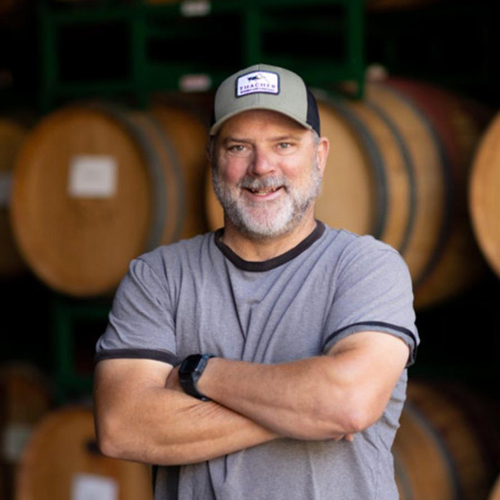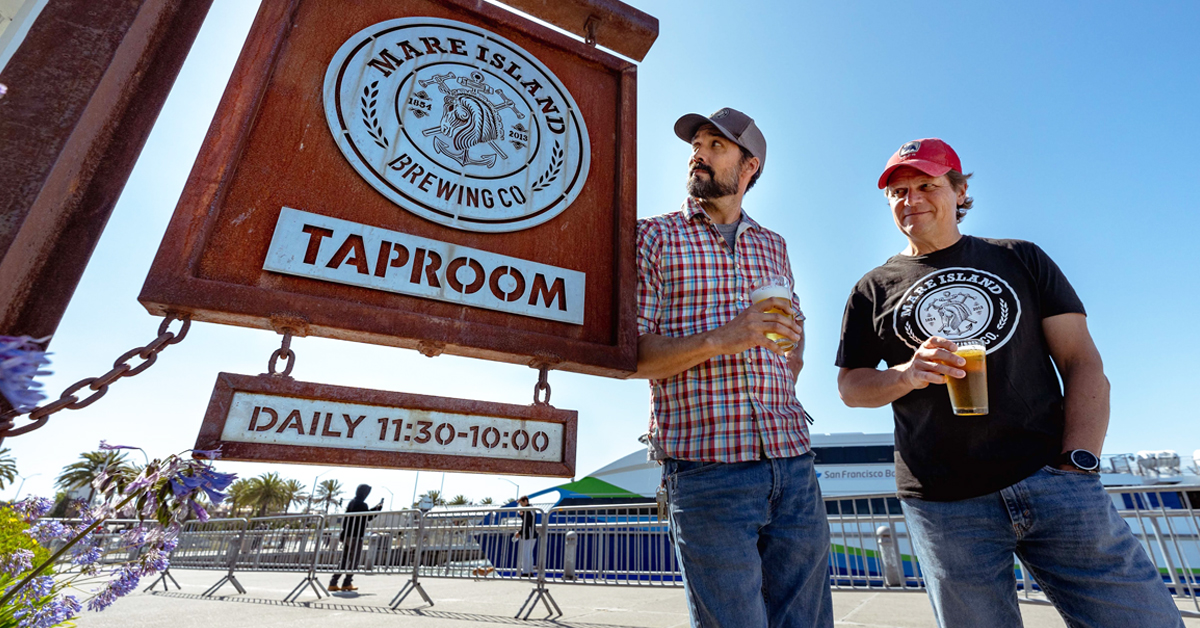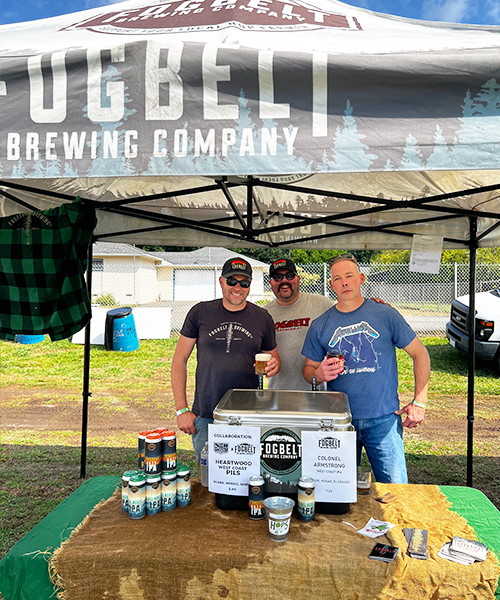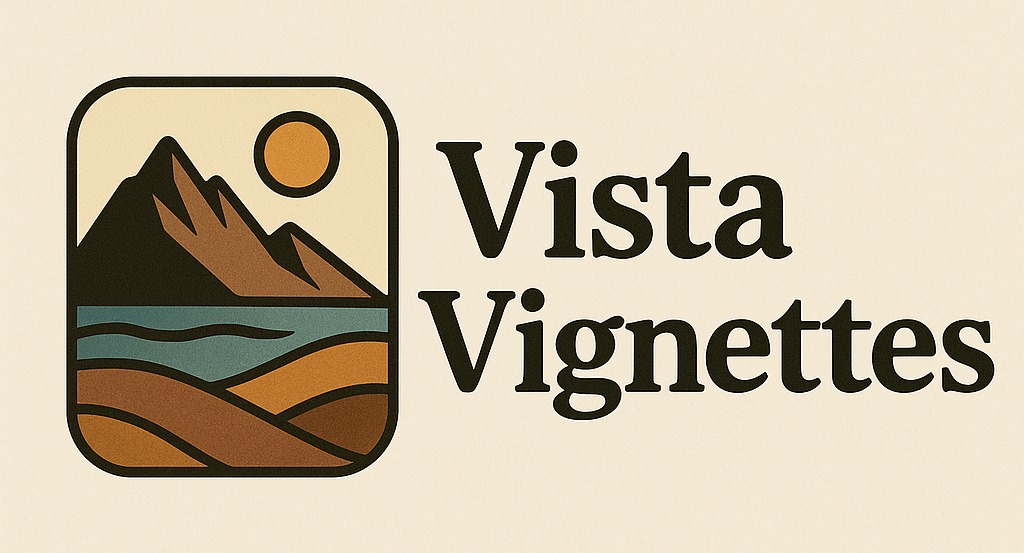
In the case of crafting their signature cuvées, winemakers go for completely different grape varieties, barrel varieties, and getting older regimens. But there appears to be common consensus with the adage “it takes loads of beer to make good wine.”
Why accomplish that many wine professionals attain for beer after a day of tasting? “It’s an ideal change of tempo; it’s bubbly, chilly, and fewer acidic. It’s a superbly refreshing palate cleanser,” explains winemaker Sherman Thacher of Thacher Vineyard in Paso Robles on California’s Central Coast.
Thacher doesn’t simply benefit from the style of a frosty brew; his resume features a lengthy tenure as a brewmaster, brewing principally German-style beers on the Los Gatos Brewing Firm from 1992–2006.
As the most important wine and craft beer producer in the USA, it’s unsurprising that California is dwelling to artisans corresponding to Thacher with expertise in each brewing and winemaking.
Crossovers
Kent Fortner and Ryan Gibbons, co-founders of Mare Island Brewing Co., skilled as winemakers and met on a crush pad in Napa. The duo brewed their first beer, Saginaw Golden Ale, in 2013; its identify is a tribute to the primary ship constructed on historic Mare Island, which in 1854 grew to become the primary U.S. naval shipyard on the West Coast and impressed the brewery’s identify (the shipyard was decommissioned in 1996).

In 2014, Fortner and Gibbons opened the Ferry Taproom on the waterfront in Vallejo, Calif., and have expanded to 2 extra places in northern California: the Coal Shed Brewery on the Mare Island waterfront and the First Avenue Taproom in downtown Benicia. Though beer is the first focus, Fortner has not solely deserted the winery.
“I began Highway 31 [Wine Co.] over 21 years in the past, making one solitary Napa Valley (Carneros) Pinot Noir and promoting it nearly solely from the mailing record. I all the time say they’ll must pry the pruning shears from my chilly, lifeless fingers at some point.”
Gibbons was the primary of the Mare Island duo to transition from grapes to grains. “I despatched my resume over to Lagunitas [Brewing Co.] in Petaluma in search of a lane change inside fermentation and ended up getting employed as a full-time brewer, the place it has been no wanting again since. I nonetheless love wine, nonetheless admire the artwork and seasonality of it, however love the group and artistic flexibility that being a brewer affords.” And wine has a presence in Mare Island’s taprooms: they pour Fortner’s Highway 31 wines and accomplice with Fifth Hill wines in Sonoma, the place they make their very own labeled wines alongside Mare Island beers.

“I by no means actually dreamed of being a winemaker,” says Remy Martin, co-founder of Fogbelt Brewing in Sonoma County, Calif. Though Martin’s father, the late Dennis Martin, had a 30-year tenure as a winemaker at Fetzer Vineyards, maybe a little bit of teenage revolt was the catalyst for the youthful Martin’s attraction to beer. “I grew up in wine nation and earlier than I used to be legally allowed to eat alcohol, the best grownup beverage to get my fingers on was wine. It was a uncommon deal with to get my fingers on even the worst beer out there.”
Whereas working at a grape harvest in New Zealand, Martin and Fogbelt co-founder Paul Hawley began homebrewing and creating recipes of their storage. Martin formally caught the beermaking bug and went on to finish the Grasp Brewers Program at UC Davis, which can be widely known as one of many world’s most prestigious viticulture and enology colleges.
The supply materials and last product could differ, however mastering fermentation is important to creating beer and wine. “Consideration to element is vital in brewing, and whereas wine is a bit more resilient (decrease pH, greater alcohol, and decrease residual sugars), carrying over brewing habits has been invaluable,” says Thacher.
“Completely,” responded Fortner at Mare Island Brewing Co. when requested if his winemaking background influenced his brewing. “Ryan and I’ve a shared winemaking expertise, and our palates, vocabulary, and information sprang from that.”
Gibbons provides that wine additionally influences their branding. “Our winemaking lens additionally performs closely in our advertising and marketing and model aesthetics as we’re centered on bringing class and class to the beer house. Plenty of instances within the beer market, we see label designs and beer names which are tremendous colourful and cheeky and generally crass for a response … we headed within the utterly completely different course.”
Evaluate and Distinction
Nevertheless, Fogbelt’s Martin believes there may be much less crossover than individuals assume within the manufacturing of beer and wine. “We used to make extra barrel-aged beers and there are some helpful ideas about topping and anaerobic fermentation practices which have turn out to be useful.” Martin additionally asserts that whereas classic variation is mostly fascinating in wine, beer producers and drinkers have completely different expectations.
“Wine is widely known when the crop 12 months, or classic, is conducive to creating wine,” he stated. “Beer is widely known when it’s made the identical persistently and customers know what to anticipate. Brewers are continually producing beer, so there may be probably not a ‘sluggish’ time of 12 months for us.” And whereas Martin often has “just a little snifter of Bourbon” or a glass of pink wine, beer is a continuing. “I drink a Fogbelt beer each day.”
Within the Golden State, craft beer and wine are each energy gamers, however a refreshing beer on the finish of the day appears to be a well-liked thirst-quencher whether or not your line of labor is fermenting grapes or grains. “The top of the day requires a beer, for certain, whether or not I’ve been making beer or wine that day,” declares Fortner. And beer’s usually decrease alcohol content material, in comparison with wine, may also be a deciding issue.
“I’m on the level in my life and profession the place I prefer to get pleasure from a beer for its refreshing properties and never essentially for the alcoholic results,” says Gibbons.
And though winemaker Thacher’s brewing days are behind him, beer continues to be a giant a part of his life. “Fortunately, I nonetheless have nice connections within the brewing business, and the beer hasn’t stopped flowing.”
CraftBeer.com is totally devoted to small and unbiased U.S. breweries. We’re printed by the Brewers Affiliation, the not-for-profit commerce group devoted to selling and defending America’s small and unbiased craft brewers. Tales and opinions shared on CraftBeer.com don’t suggest endorsement by or positions taken by the Brewers Affiliation or its members.


